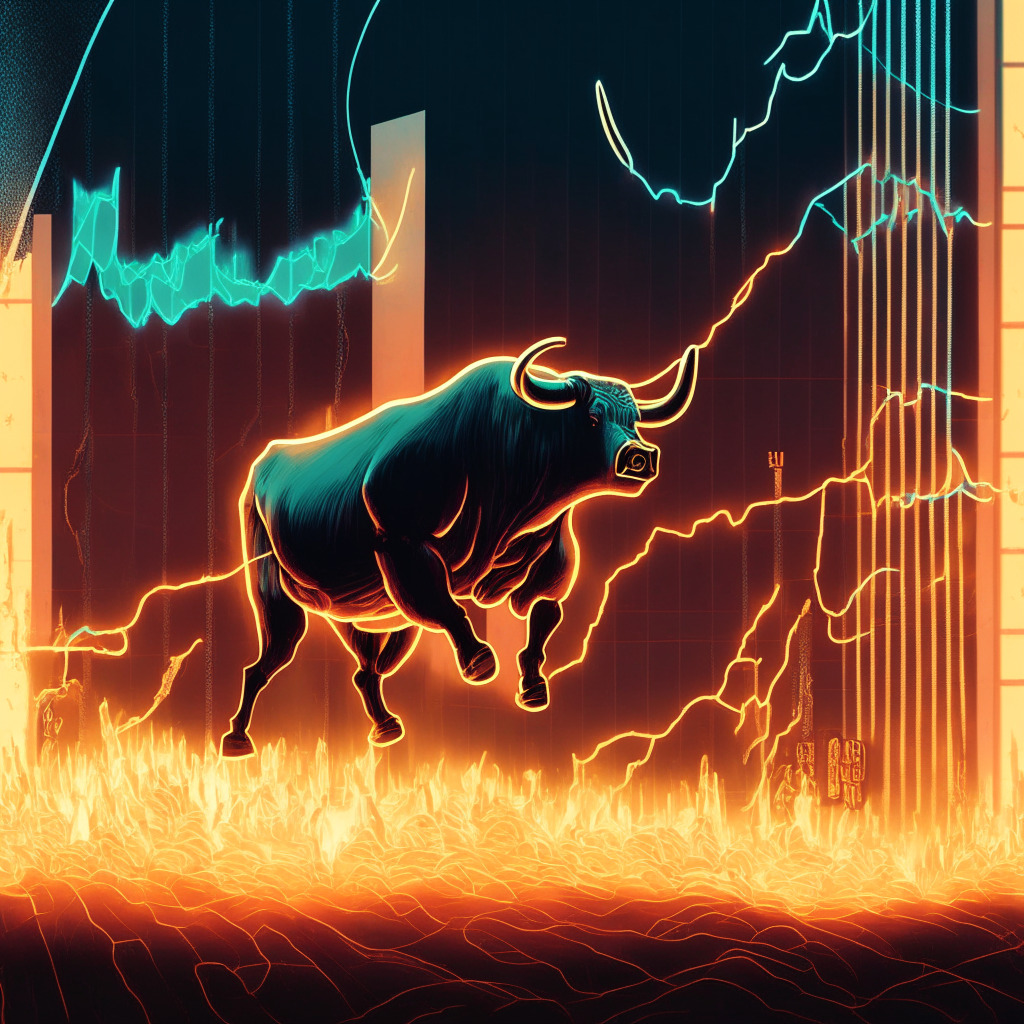Vietnam, currently leading the global charts in crypto adoption, stands as a vivid illustration of an unfolding financial revolution. As reported by Kyros Ventures, Coin68, and Animoca Brands, over 76% of Vietnamese crypto owners rely heavily on referrals when making investment decisions – a stark contrast to the United States where only around 30% do the same. This disparity demonstrates the diversity of informational landscapes that shape the crypto world. Self-study, community participation, and media news significantly influence Vietnamese crypto investment decisions. Simultaneously, the report suggests the crypto bear market is nearing its end or has already passed, according to 70% of the respondents.
But despite their enthusiasm for the market, investors aren’t eschewing regulation entirely. 75% of those surveyed are seemingly in favour of more regulatory interventions in the crypto industry. This desire might stem from a longing for stability and security in an inherently volatile and uncertain market. Yet, it does raise questions about how to reconcile the freedom and autonomy offered by blockchain with the regulatory demands of traditional finance.
On a more technical note, the study also observed an intriguing trend. Nearly 90% of investors surveyed were concurrently involved in DeFi activities – a testament to the increasing popularity of permissionless finance. Still, this might also reflect investors’ desire to mitigate risk by diversifying their investments.
Vietnam’s crypto market’s level of maturity is also demonstrated by an almost even split between investors who prefer decentralized exchanges and those who opt for their centralized counterparts. This stable equilibrium suggests that Vietnamese traders appreciate both the independence and privacy of decentralized exchanges and the liquidity offered by traditional ones.
However, the education and infrastructure necessary to support such a budding market seem disproportionally underdeveloped. Surprisingly, only nine educational institutions in Vietnam offer blockchain courses, and there are a meager eight blockchain infrastructure projects across the country.
In essence, Vietnam’s crypto market serves as an intriguing microcosm of the broader global crypto landscape. From the role of referrals in investing decisions to the desire for regulation in an autonomous industry, the market is a mélange of apparent contradictions that raise critical questions about the future of crypto, blockchain, and DeFi. Although the path forward might seem uncharted, one thing is clear: the wild dynamism of the crypto market is here to stay.
Source: Cointelegraph




